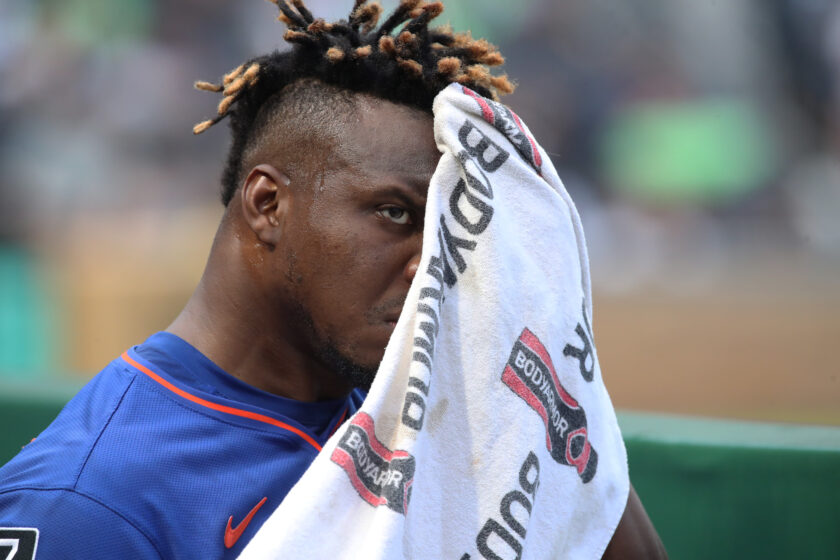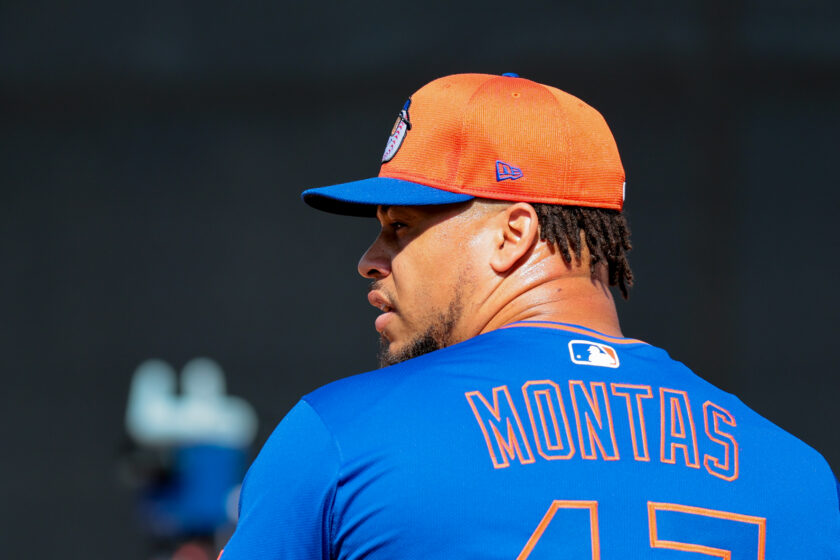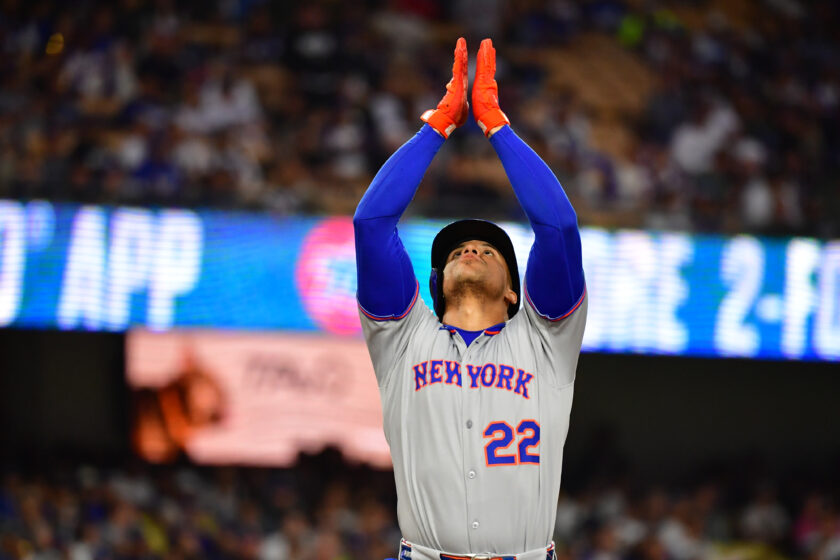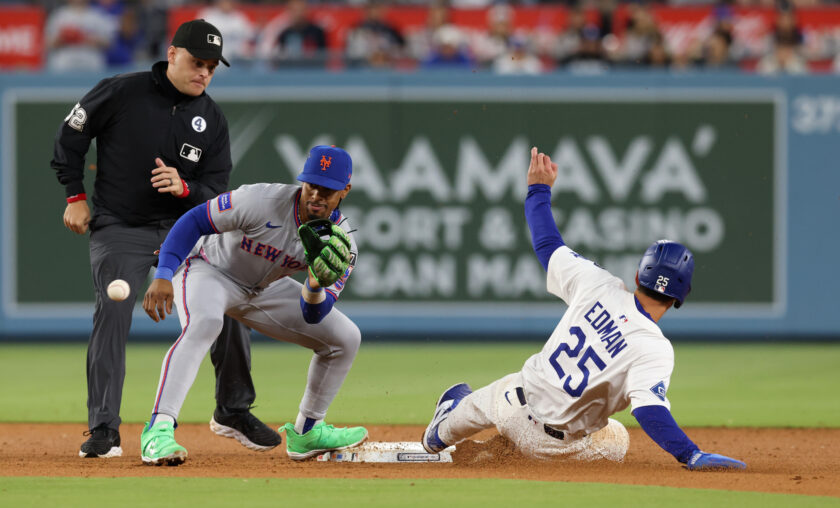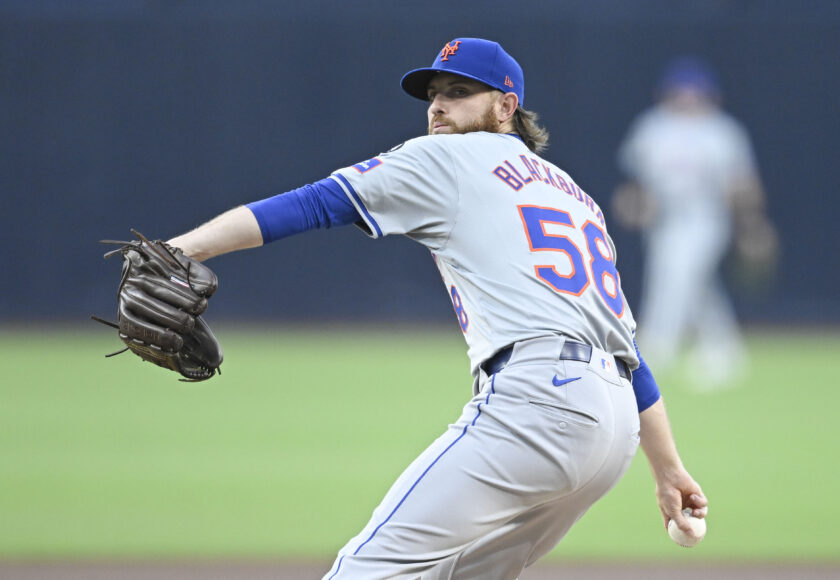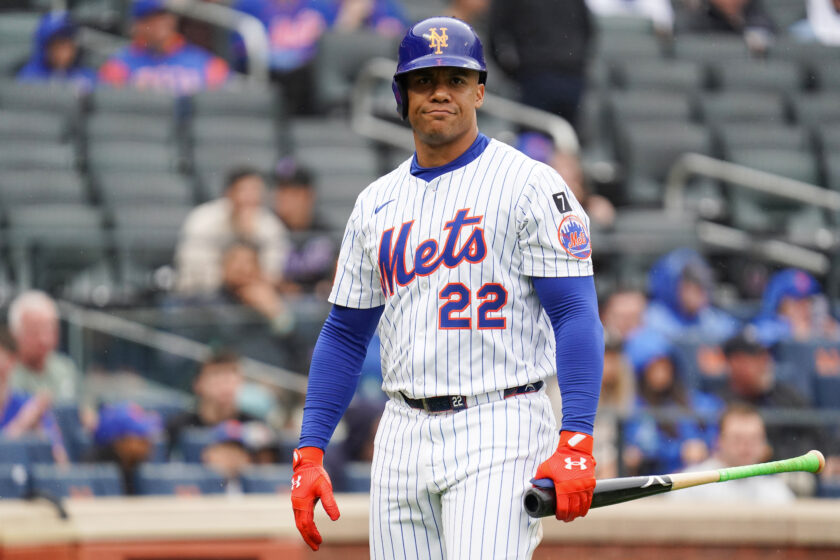New York Mets: Mickey Callaway lacking leadership unlike his predecessor
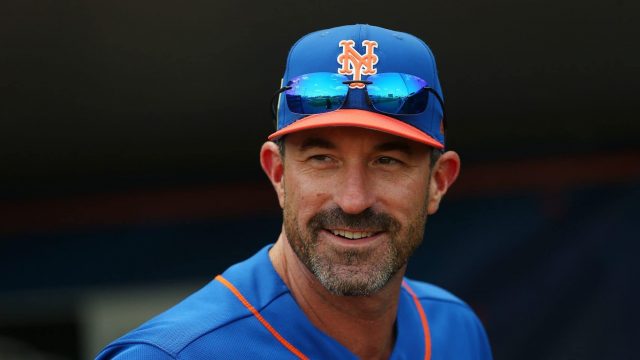
Mickey Callaway was supposed to be a breath of fresh air for the New York Mets. Now he looks in over his head.
Even after winning a division title, “Terryball” was used as a pejorative to castigate former New York Mets manager Terry Collins, who stepped down after a 70-92 2017 campaign. It always seems to be the manager’s fault. Sometimes, however, it really is. Mickey Callaway was brought in to replace Collins and seemed like a breath of fresh air. Now that air has quickly grown stale.
The Mets early cushion has evaporated and so has the halo around Mickey Callaway’s head. The Mets wanted a culture change from Collins. They’ve gotten one. Whether that change has been for the better now seems highly doubtful.
[sc name=”Mets Center”]He could do no wrong for about three weeks in April, but Callaway may just be in over his head. Suddenly, “Terryball” is looking pretty darn appealing. For all his rhetoric and analytical methodology, first-year manager Mickey Callaway may just be in over his head and not cut out for the job. He just doesn’t seem to have a guiding principle, nor has he shown the ability to exude and reflect confidence as the Mets season continues to unravel.
Callaway said late last month that the team had hit “rock bottom” to MLB.com’s Anthony DiComo.
The Mets were swept by the lowly Orioles who own the worst record in baseball for their sixth consecutive loss and have fallen to five-games under .500, at 27-32. Tuesday’s loss was their eighth straight at Citi Field.
Callaway spoke about the feeling around the team during today’s press conference:
“I think guys are pissed you could see it after the game today. I felt like the whole game everybody thought they were going to win the game and then I felt like everybody was mad. They weren’t down on themselves they were mad. Going into the off day I think they are going to have some time to reflect.”
Callaway’s rhetoric is troubling. You’re supposed to think you are going to win every game. The Mets do seem down on themselves.
Is Callaway the problem? Obviously, players win and lose games, and the Mets have scored two runs in their last 42 innings – not a winning formula. However, the foremost job of a manager is to create a culture and set a tone in a time of strife and Callaway hasn’t been willing or able to so do.
Two weeks into the season it seemed that every button Callaway pushed was the right one, some questionable, some not. He forged goodwill within the Mets universe by way of a record-setting 11-1 start. Since then they have lost almost twice as much as they have won.
Granted, there have been injuries but the question at least should be posed as to how long of a leash the Mets ought to give the 42-year-old Callaway, in the first season of a three-year contract?
When is it time to ask the question as to whether the Mets should cut bait with their manager? There was the lineup card debacle when the Mets batted out of order and some moves that have made people scratch their heads. That is a natural outgrowth of losing. Yet, it just seems like Callaway doesn’t have a hold on the ballclub.
As a first-time manager, there will be growing pains, but on a ballclub full of players on the north side of thirty, this is a team built to win now and the Mets don’t have time to let Callaway grow into the role. Managing is tough. A.J Hinch’s first job with the Diamondbacks was an unmitigated disaster. He won the World Series last year at the helm of the Houston Astros.
In 2015 and 2016, the Mets suffered an onslaught of injuries and their offense disappeared, yet it seemed they were always ready to turn the page and tread water. Even last year, despite a bad year, the aura around the clubhouse and on the field had a modicum of positivity. The same injury bug and offensive funk has befallen them now in 2018.
As the Mets fall on hard times they seem to be overwhelmed and pressing. Is that trickling down from the manager? That question needs to be asked. During his tenure, Terry Collins always had the ability to galvanize his troops and get them to maintain a sense of proportion even when it seemed like chaos and bad luck was transpiring all around.
[sc name=”MLB Center”]If Callaway wants to save his job he should consider taking a page from his predecessor.
Collins always seemed, both at the podium and from the aura the Mets exuded in the clubhouse to have the ability to instill amnesia into the Mets after a bad loss and imbue an air of confidence into the Mets, win or lose. They never seemed flat, and Collins always seemed to have a sense of control over the ballclub, something that Callaway seems to be lacking at this point.
When Collins needed to, he threw down the gauntlet. If you hit, you play, Collins said in 2015, and the Mets began to hit. And win. “They’ve been put on notice it’s time to pick it up,” Collins said to ESPN’s Adam Rubin at the time.
Even when they were doing neither, he was decisive. Callaway seems to lack certitude.
Results, in the end, matter most. The Mets have seen an 11-1 record spiral into a 27-32 mark, as Callaway continues to overuse his bullpen and lack a guiding principle, especially when it comes to the pitching staff. The offense has sputtered into a funk that has left them bereft of production and most importantly wins.
Now every move Callaway makes seems to be backfiring. During the most recent loss to the Orioles, Callaway decided to employ the bunt with one of his best hitters on the team, Asdrubal Cabrera, and it resulted in a double-play. Callaway was unclear when asked by SNY’s Steve Gelbs about whether it came from the dugout or Cabrera, seemingly talking out of both sides of his mouth:
“We were just trying to get a runner into scoring position. Everybody has the, you know, choice, of hey I’m going to get him over some way and we felt like that was a good situation to bunt him over right there.”
It is easy to second-guess the move itself, but it’s more about the fact that the mark of a good manager is decisiveness and consistency. Callaway seems to be flying by the seat of his pants. He has spoken of playing small ball with a team designed to hit home runs. Collins was criticized at times for his intractability and lack of innovation, but Callaway seems just as indecisive.
While Callaway later clarified to DiComo that it was his call, Callaway lacked the assertiveness to give a straight answer.
If Terry Collins managed the bullpen the way Callaway did during the Mets-Braves Memorial Day double dip, he’d have been burned in effigy.
In game one, the Mets took a 2-1 lead into the eighth inning thanks to a spectacular outing by ace Jacob deGrom. Callaway handed the ball to Seth Lugo, who entered the game with a 17-inning scoreless streak. Lugo, from the start, didn’t seem to have his best stuff. He gave up two singles, at which point Callaway got the closer, Jeurys Familia, up and warming. Lugo gave up a sacrifice fly to tie the game but escaped further damage. Devin Mesoraco hit a go-ahead home run in the following frame.
Despite having Familia warm with a one-run lead in the ninth and Lugo having endured a high-stress inning Callaway decided to stay with Lugo to close the game. Lugo promptly walked the leadoff batter and gave up the game-winning HR to the “legendary” Charlie Culberson, who hadn’t homered for two seasons.
Then in game two Familia closed out an 8-5 Mets win with a two-inning save. Callaway spoke of flexibility and using his late-inning relievers situationally, yet he seemed to contradict both principles at once. He stayed with a pitcher after a high-stress inning and didn’t call on his closer in a high-leverage situation, then asked for a multiple-inning save with a three-run advantage.
Strategy can easily be second-guessed when things are not going in the right direction. However, it is the lack of consistency and a guiding principle that calls Callaway’s readiness to sit at the managerial helm into question.
Moreover, it is the job of the manager to set a tone, which Callaway seemed to do during Spring Training. It looked as if they found a gem of a manager when the Mets got off to a hot start. However, it’s when a team is scuffling that a manager’s leadership quality and mettle is tested.
It seems like Callaway is not exuding the confidence and setting the necessary tone. He speaks a lot about strategy but doesn’t have answers nor has he shown the leadership necessary to lead the Mets in the right direction.
I think those in the organization need to reflect as to whether Callaway is the right man for the job.
The Mets wanted to instill a culture change from the Terry Collins era and to turn the page. The culture has changed. A veteran team seems lost and their rookie manager seems in over his head.
[sc name=”Mets Link Next” link=”https://elitesportsny.com/2018/06/06/new-york-mets-cant-take-advantage-of-anything-fortunate/” text=”The Mets Simply Can’t Take Advantage Of Anything Fortunate Thrown Their Way” ] [sc name=”Mets Footer”]Joshua Casper is a New York based Sportswriter who has written for both local and national publications. He also has broadcasting experience with MSG Networks and has worked in sports media relations. Mr. Casper resides in Brooklyn, NY.

